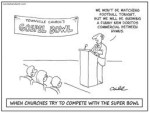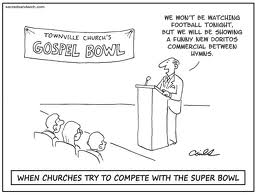 This post is part of the February Synchroblog “Cross Gender Friendships”. I will list the links to all the contributions at the end of this post as soon as they are available.
This post is part of the February Synchroblog “Cross Gender Friendships”. I will list the links to all the contributions at the end of this post as soon as they are available.
Several years ago I attended a three-week training conference in Georgia for my job. I was warned before I went down there that it was a very “sexualized” environment. The warning was an understatement. While there, it seemed that nearly everyone in my group “hooked up” with someone else. My roommate slept with at least two different girls, and in the morning on my way down for the continental breakfast at the hotel, it was not uncommon for me to see guys coming out of girls’ rooms where they had clearly spent the night.
Due to my position at work, there were certain elements of the training I was exempt from. There was also a female in our group who was similarly exempt, but for different reasons. But we weren’t allowed to just sit around and do anything we want while the rest of our group was out getting trained. No, we had to study together for some other exams which we would take at the end of the three weeks. The instructors put the two of us in a room together for hours on end to read our textbooks, do our research, and quiz each other about what could possibly be on the exams.
At one point during these study sessions, she said, “Do you think that cross-gender friendships are possible?”
Call it sexism, patriarchism, or whatever, but I immediately answered, “No. I do not think so. While they might be possible for women, they are not possible for men.”



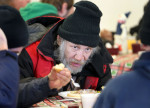
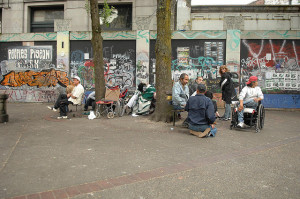 Before we can help poor and homeless people, we needed to learn to see them.
Before we can help poor and homeless people, we needed to learn to see them. 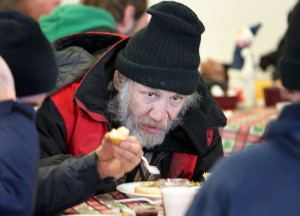 Eventually our jobs led us to San Diego, where there are many poor and homeless, far more than there were in any place we had previously lived. Based on the annual homeless count, a day when teams attempt to count every homeless person in the city (an impossible task), most homeless organizations here believe that over 10,000 homeless people live in our city.
Eventually our jobs led us to San Diego, where there are many poor and homeless, far more than there were in any place we had previously lived. Based on the annual homeless count, a day when teams attempt to count every homeless person in the city (an impossible task), most homeless organizations here believe that over 10,000 homeless people live in our city.

 Have you ever wondered what Paul meant when he said that “sin is not imputed where there is no law”? (Rom 5:13). You are not alone. A reader recently emailed in this Bible and theology question:
Have you ever wondered what Paul meant when he said that “sin is not imputed where there is no law”? (Rom 5:13). You are not alone. A reader recently emailed in this Bible and theology question:


 The Barna Group recently ran a survey on the
The Barna Group recently ran a survey on the 

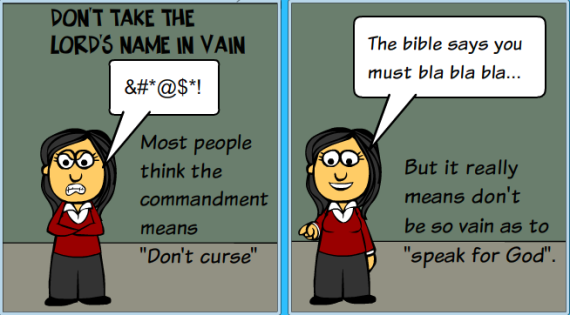


 Most of our communities are home to poor people and to homeless people. Somehow I had overlooked both groups of people in the communities in which I had lived. How could that possibly have happened?
Most of our communities are home to poor people and to homeless people. Somehow I had overlooked both groups of people in the communities in which I had lived. How could that possibly have happened?